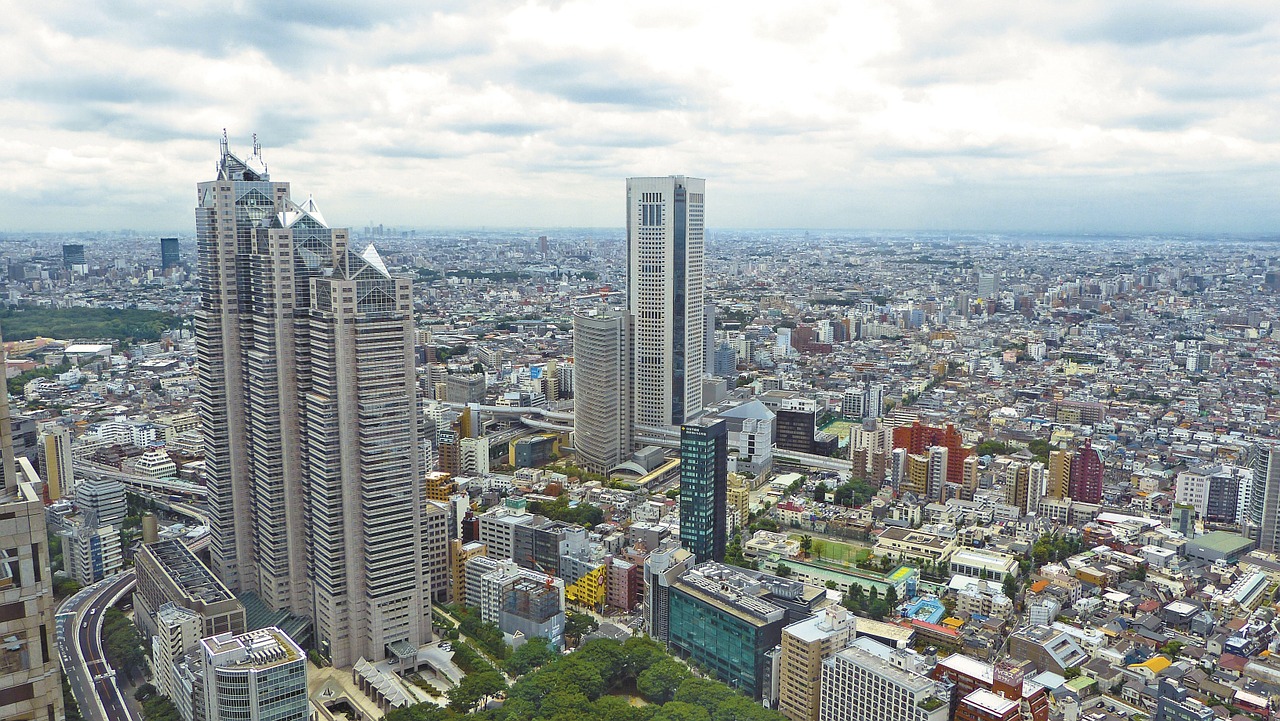Drones have repeatedly proved their usefulness in efficiently transforming workflows in many different industries. Despite this, news’ headlines about unauthorized drone activities are a source of concern to the general public with regards to safety, security, and privacy.
From using drones to fly over and drop items into correctional facilities, to completely mobilizing an entire airport, these are the most common headlines that reach the general public. For example, the incident at Gatwick Airport, which led to a disruption of airport operations for three days and the stranding of 140,000 passengers, became a worldwide major headline. More recently, a BBC documentary painted a one-sided and overwhelmingly negative picture of drone technology. These are just two events out of a wide list of headlines that hurt the industry. Dedrone, a company using advanced hardware and software technology to secure the airspace from malicious drones, features a wide list of worldwide drone incidents which emphasizes this point.
“These stories hurt legitimate commercial operators who often need to gain permission from reluctant landowners so they can perform inspections and survey maps for infrastructure unreachable by other means,'' Colin Snow, CEO
Although it is important to be aware of all the issues revolving drones, it’s also important to understand what the technology does and can do for the future of mankind in general and commercial industries in particular. From using a swarm of drones to find weeds and plant trees, to changing disaster response paradigms, our UAV Americas and Europe reports provide a glance of some of the positive use of drones.
Last year, we connected with Percepto’s Marketing Director Shirley Salzman to discuss how to address drone’s privacy and safety concerns. Now, we connected with Salzman again, as well as DroneDeploy’s CEO Michael Winn, and Jonathan Rupprecht, an aviation drone law author, FAA certified flight instructor pilot & attorney, to hear their point of view about the subject in 2019.
Although the commercial drone industry keeps growing more and more every year, do you think this is also true regarding the public's acceptance of the technology? Do you think there's a more positive opinion now than, for example, in the past year? Or do you think that events similar to the Gatwick airport one still hurt more than all of the positive news around drones?
Michael Winn: Technology advances are almost always accompanied by pockets of negative sentiments, which may be driven by fear and uncertainty.
But there are data points to suggest greater acceptance of drones by the public. The FAA is forecasting a three-fold growth in Part 107 licenses. There are positive news and excitement around drone delivery. And the use of drones for safety and disaster relief highlights the positive benefits of drones for communities and the environment.
Shirley Salzman: There is a lot of publicity about drones being used irresponsibly to cause chaos - it makes for a good headline. However, I think the public appreciates that it is another case of the bad guys using technology developed for good to do bad deeds. There are many great examples of drones being used for good, whether in is alerting swimmers to the presence of a shark, herding rhinos away from poachers or helping to safeguard homes evacuated due to a dam about to breach. All of these positive news stories were published in recent weeks. It is our job at Percepto to continuously champion the responsible use of drone technology and showcase how it is advantaging the industrial and commercial world, as well as wider society.
Jonathan Rupprecht: Yes, I think the public is accepting the technology more and more. I think Gatwick and other instances are situations where the news fuels fires. The whole Gatwick situation was a giant failure of how to respond to a drone. Unfortunately, I think people will remember the drone
What do you think should be done to reach out to more people, show them how helpful drones are/can be for the future of various industries, and improve the general acceptance of the technology?
Winn: The industry can take proactive steps to promote the value of drones in the day-to-day lives of more people more widely. Drones are keeping construction or oil & gas employees safe from hazardous environments, helping farmers get better yields on their land, and so much more. We have a significant opportunity to educate people about the value and ROI of drones -- and that includes everyone from government officials to consumers, and everyone in-between.
We can also develop programs that give more access to drone technology to more people, like students. We are starting to see schools and universities starting to incorporate drones in their curricula. That will go a long way to improving not only the acceptance of drones but the widespread use of the technology.
Salzman: The easiest way is to demonstrate value, simplicity, and safety. I never tire of seeing the expressions and reactions of people unfamiliar with our autonomous drone-in-a-box solution, when they first experience it. Very quickly they shift from curiosity and sometimes hesitance to not only acceptance but advocacy. One of the best examples is when we demonstrate the solution for infrastructure inspection, where we can use drones to reach inaccessible and often dangerous site locations. The fact that employees or contractors no longer need to place themselves in harm's way, and any issues are flagged immediately to the relevant personnel is a very compelling proposition indeed.
Rupprecht: I think people just using drones more and more will spread the value of drones as low-cost data collection platforms.
In late 2017, drone registration was reinstated, and earlier this year, the FAA changed the drone ID marking rule. Would you say we're on the right track in terms of laws and regulations to address privacy and safety concerns? Or do you think there are more important subjects to focus on right now?
Winn: As with any technology, privacy and security are important challenges impacting the drone industry. Our customers tell us they value security and privacy in their use of drones and drone software -- especially in light of the mission-critical operations where drones and our software are used.
Users need to be educated about these issues. But most importantly, they need to distinguish facts from myths in order to make the best decisions for themselves, their companies, and their customers.
Salzman: The drone industry is no different from other sectors where technology is advancing at a phenomenal rate, but the rules and regulations that govern them are not as quick to evolve. It is all part and parcel of the growing pains of a rapidly expanding industry.
Rupprecht: Regarding privacy, remote ID might alleviate some of those concerns.















Comments